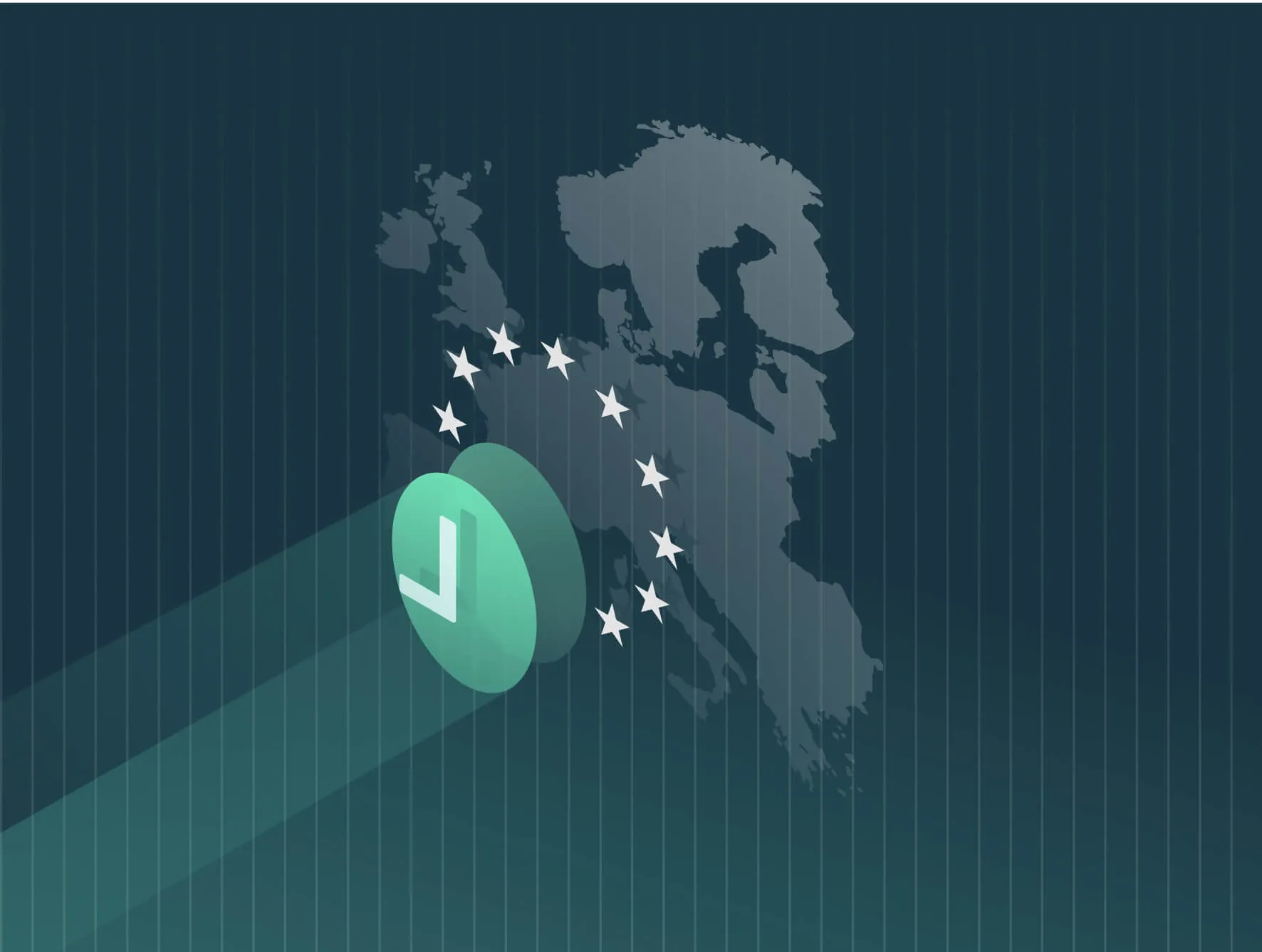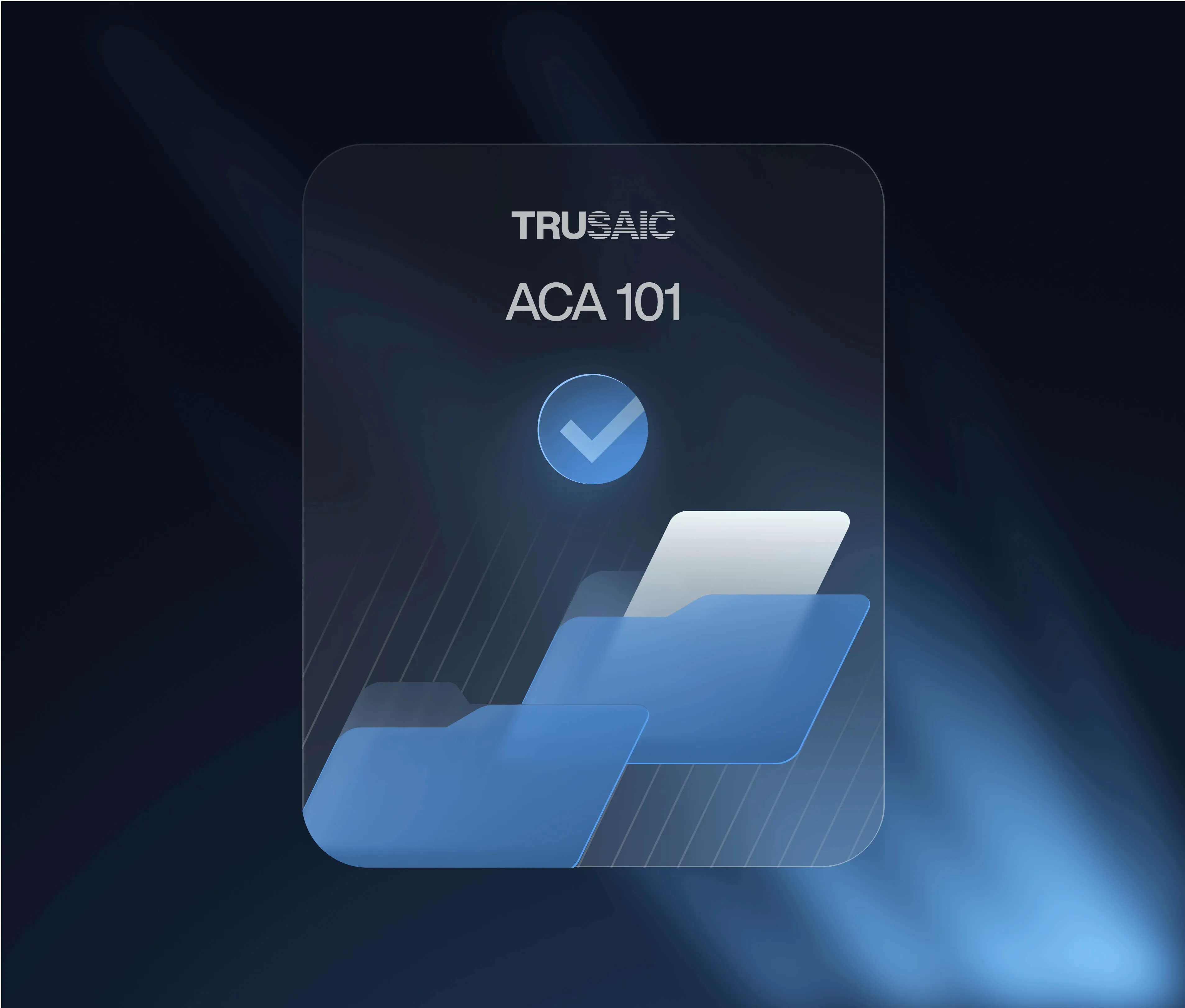Note: As of July 2025, the Czech Republic has not yet published draft legislation to transpose the EU Pay Transparency Directive. However, all EU Member States — including the Czech Republic — are required to adopt the Directive’s provisions by June 7, 2026.
Currently, the Czech Republic does not impose mandatory gender pay gap reporting for private employers. That will change under the Directive. Employers should begin preparing now for the upcoming transparency and reporting obligations that will apply based on company size.
Track the latest EU Member State transposition developments with our monitor.
Czech Republic reporting requirements
Who needs to report?
Under the EU Pay Transparency Directive, employers across all EU Member States — including the Czech Republic — must comply based on company size:
- 250 or more employees: Annual reporting begins in 2027 (for 2026 data)
- 150–249 employees: Triennial reporting begins in 2027
- 100–149 employees: Triennial reporting begins in 2031
- Fewer than 100 employees: Not subject to mandatory reporting under the Directive
What to report?
Employers will be required to publish gender pay gap information and provide internal transparency to employees. Required disclosures include:
- Mean and median gender pay gaps for total pay and complementary or variable components
- Proportion of male and female workers receiving bonuses or other variable pay
- Gender distribution across pay quartiles
- Gender pay gaps by job category, broken down by fixed and variable pay
If an unjustified gender pay gap of 5% or more is identified within a category of workers and persists for six months, employers must conduct a Joint Pay Assessment in collaboration with worker representatives.
Where and when to report?
Regulatory filing
The Directive requires public reporting. The Czech Republic is expected to designate a national platform — likely under its labor ministry or equality body — for submitting gender pay gap reports.
Internal disclosure
Employers must provide employees with:
- Gender pay gap data
- Explanations for pay differences
- Measures taken or planned to address disparities
Deadlines and cadence
Employers must report either annually or every three years, depending on size thresholds noted above.
Czech Republic pay transparency requirements
While the Czech Republic does not currently mandate pay transparency in hiring, that will change under the EU Directive. Once implemented, employers will be required to:
- Include pay ranges or starting salary in job postings or communicate before interviews
- Avoid requesting salary history from candidates
- Use gender-neutral job descriptions and titles
Employment equity standards
Czech labor law prohibits gender-based pay discrimination, requiring equal pay for equal work or work of equal value under Act No. 262/2006 Coll. and subsequent legislation.
The EU Pay Transparency Directive will introduce enforceable standards for fair pay practices and increase scrutiny of employer compliance.
The risks of non-compliance
Once Czech Republic transposes the Directive, enforcement measures are expected to include:
- Reversal of the burden of proof in discrimination cases
- Employee rights to compensation and redress for discrimination
- Administrative penalties for non-compliance, as required by the Directive
- Oversight from a designated national enforcement body (likely the Labor Inspectorate or Office for Gender Equality)
Czech Republic’s proposed EU Directive legislation
As of June 2025, Czech Republic has not yet published any official draft of its transposing legislation. However, Czech Republic is obligated to adopt the full scope of the EU Directive’s provisions by June 7, 2026, including:
- Pay range disclosures in recruitment
- Salary history ban
- Gender pay gap reporting obligations
- Joint Pay Assessments
- Internal and external transparency mandates
We will update this section once the Czech Republic releases its official proposal or guidance.
How Trusaic helps employers comply with Czech Republic requirements
1. Comply – Use RAPTR™ to complete required reporting by compliance deadlines.
Stay ahead of evolving regulations with Trusaic’s Regulatory Pay Transparency Reporting™ solution, designed to help you determine applicability, meet deadlines, and submit compliant reports across EU jurisdictions with the click of a button.
Our Pay Equity Software Suite ensures your pay systems are legally defensible, gender-neutral, and future-proof — automating complex reporting and enabling GDPR-compliant data sharing through certified integrations with major HCM platforms.
2. Correct – Use PayParity® to understand, explain and resolve pay disparities.
Use PayParity to identify, explain, and resolve pay disparities across gender, race, age, and more. Whether you’re conducting proactive assessments or responding to compliance triggers like the EU Directive’s Joint Pay Assessment requirement, PayParity delivers defensible, data-driven insights. Our Remediation Optimization Spend Agent (R.O.S.A.) works as PayParity’s AI remediation partner to ensure you lower your pay gap below 5% while maximizing the ROI of your remediation budget.
3. Communicate – Use the Pay Equity Product Suite to communicate narratives and share salary ranges with confidence.
Comply confidently with the EU Directive’s pay range transparency mandates using Trusaic’s Salary Range Finder, which provides data-driven guidance for equitable pay ranges that can be shared with candidates and employees.
Our Pay Transparency Agent answers reporting questions instantly, and our Communications Agent crafts context-specific narratives — in any language — to support your public disclosures and internal communications.
How to prepare to comply with the EU Directive
To prepare ahead of Czech Republic’s legislative changes, employers should:
- Conduct thorough pay equity audits and identify disparities
- Review job architecture, classification systems, and wage structures
- Train HR and legal teams on anticipated transparency and reporting obligations
- Update hiring processes to include salary range offers and remove salary history questions
Trusaic is GDPR-compliant and supports organizations across the EU in meeting both EU Pay Transparency Directive and EU Corporate Sustainability Reporting Directive obligations.
FAQs
-
Who must report gender pay gap data in the Czech Republic?
Employers with 100 or more employees will be required to report gender pay gap data, starting in 2027 for companies with 250 or more employees. Employers with 150–249 employees will also report starting in 2027, while those with 100–149 employees must begin reporting in 2031.
-
Has the Czech Republic published its draft law?
No. As of mid-2025, the Czech Republic has not yet released a draft bill transposing the EU Pay Transparency Directive. Legislation is expected ahead of the June 7, 2026 deadline.
-
What gender pay gap metrics will be required?
Employers must report:
- Mean and median gender pay gaps (total and variable pay)
- Proportion of men and women receiving variable pay
- Gender distribution across pay quartiles
- Pay gaps by category of work
-
What happens if a 5% pay gap is detected?
If an unjustified pay gap of 5% or more exists in a job category for six months, a Joint Pay Assessment must be conducted with employee representatives.
-
Will employees be able to request pay information?
Yes. All employees will have the right to request written information about average pay levels by gender for roles of equal or comparable value. Employers must respond within two months.
-
Are salary ranges required in job postings?
Yes. Employers must disclose the salary range or initial pay level either in the job posting or before the first interview.
-
Can employers ask candidates about their salary history?
No. Employers are prohibited from requesting salary history during the recruitment process.
-
What are the penalties for non-compliance?
The Czech Republic must implement effective, proportionate, and dissuasive penalties. These may include fines and reputational consequences. The burden of proof in discrimination claims will also shift to the employer.
-
How can employers get started now?
Begin by:
- Conducting internal equity audits
- Defining objective, gender-neutral pay criteria
- Updating recruitment processes
- Preparing to meet data access and reporting obligations







